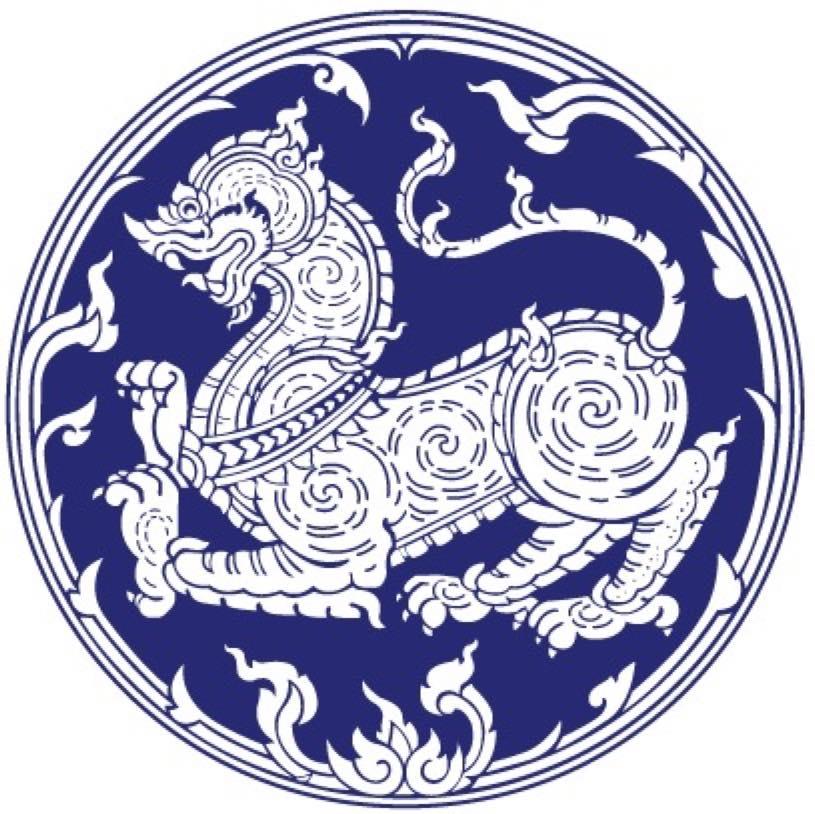ฟอรั่ม
รายละเอียด
First set of questions:
1. Strategic Partnerships and Cooperation Opportunities: The Mekong Subregion holds strategic significance for global actors such as China, Japan, and the United States. The European Union also recognizes this importance and utilizes its 2021 Indo-Pacific Strategy as a guide to collaborate with partners in the region. EU’s primary objective is to uphold the rules-based international order, address global challenges, and support responsible cooperation and equitable partnerships. How does the EU's engagement complement or challenge existing policies and partnerships in areas such as governance, sustainability, digitalization, and security? To what extent are countries in the Mekong Subregion engaging with and responding to these initiatives to address common challenges and promote sustainable development and security?
2. Trade Cooperation and Economic Security: Considering China's extensive economic investments and infrastructure projects in the Mekong Subregion, particularly through its Belt and Road Initiative (BRI), as well as global economic tensions related to supply chains and critical raw materials, how is the EU navigating economic competition and collaborating with Southeast Asia on diversification strategies? What are the implications of these dynamics for regional economic development and integration? What is the added value of free trade agreements with the EU and is it possible for countries in the region to comply with all involved regulations on environmental, social and governance (ESG)?
3. Future Scenarios and Policy Recommendations: What are the potential future scenarios for EU’s engagement in the Mekong Subregion, considering the evolving geopolitical landscape and competing interests of regional and external actors? What policy recommendations can be proposed to enhance the EU's effectiveness and impact in promoting peace, stability, and prosperity in the region.
กำหนดการ
08:00-08:30 hrs. Registration
08.30-08.45 hrs. Welcoming Remarks
By
- Asst. Prof. Dr. Narut Charoensri, Deputy Dean, Faculty of Political Science and Public Administration, Chiang Mai University
- Dr. Céline-Agathe Caro, Director of KAS Office in Thailand
08.45-10.15 hrs. Question 1
By
- Ms. Likki-Lee Pitzen, Cultural and Press Counsellor, German Embassy Bangkok
- Ms. Lilli Tabea Albrecht, Communication Manager, KAS Office in Thailand
- Ms. Pianporn Deetes, Country Director for Thailand and Myanmar at International Rivers
Moderated by Mr. Seksan Anantasirikiat, Strategic Researcher, International Studies Center (ISC)
10.15-10.30 hrs. Coffee/tea break
10.30-12.00 hrs. Question 2
By
- Asst. Prof. Dr. Pongphisoot Busbarat, Director, Institute of Security and International Studies (ISIS), Chulalongkorn University
- Assoc. Prof. Dr. Paruedee Nguitragool, Lecturer, School of International Affairs, Faculty of Political Science and Public Administration, Chiang Mai University
- Dr. Jirapa Trochim, Lecturer, Faculty of Economics, Chiang Mai University
Moderated by Mr. Seksan Anantasirikiat, Strategic Researcher, International Studies Center (ISC)
12:00-13:00 hrs. Lunch break
13.00-14.30 hrs. Question 3
Roundtable discussion
Moderated by Asst. Prof. Dr. Narut Charoensri, Deputy Dean, Faculty of Political Science and Public Administration, Chiang Mai University




